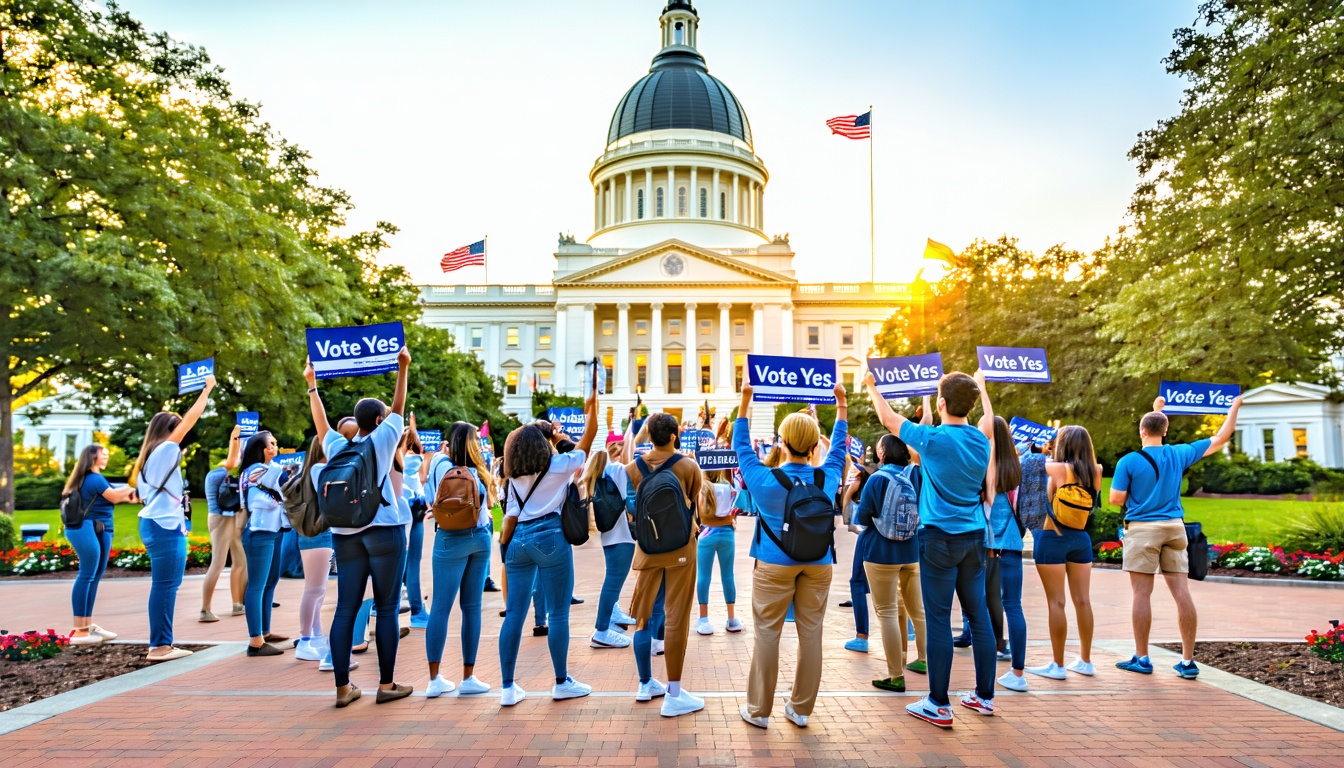How Marijuana Affects Dreams
Marijuana, also known as cannabis, has a complex relationship with sleep and dreaming. While it can help with sleep, it can also alter the way we dream. Understanding these effects is crucial for both recreational users and those considering cannabis for medical purposes.
Dreaming is a universal human experience that involves a state of consciousness during sleep characterized by sensory, cognitive, and emotional occurrences. Dreams are stories the brain creates during REM (rapid eye movement) sleep, which is essential for emotional resolution and memory consolidation.
Marijuana, particularly strains high in THC (tetrahydrocannabinol), can significantly alter sleep architecture. THC can decrease the duration of REM sleep, the stage where most vivid dreaming occurs. This reduction in REM sleep often leads to fewer and less memorable dreams for regular cannabis users.
Conversely, marijuana tends to increase the time spent in deep, slow-wave sleep. While this might sound beneficial, it’s essential to note that a balance between all sleep stages is crucial for optimal rest and cognitive function.
One of the most intriguing phenomena related to marijuana and dreaming is the “REM rebound” effect. When heavy cannabis users stop consuming, they often experience a surge in REM sleep, leading to more vivid and intense dreams. This effect is typically temporary, lasting for a few weeks as the brain adjusts to the absence of THC.
CBD (cannabidiol), another major component of marijuana, may have different effects on dreaming. Some research suggests that CBD might actually increase dream vividness. This highlights the complexity of cannabis’s impact on sleep and dreams, as different strains and consumption methods can yield varying results.
The dream-suppressing effects of marijuana have sparked interest in its potential therapeutic use for certain sleep disorders. For instance, it may help manage nightmares associated with PTSD (Post-Traumatic Stress Disorder).
It’s crucial to note that altering the natural sleep cycles can have long-term consequences on cognitive function and emotional regulation. While marijuana can significantly impact dreaming by suppressing REM sleep, its effects are not uniform and can vary based on usage patterns, individual physiology, and the specific cannabis strains used. As research in this area continues to evolve, it’s essential for users to be aware of these potential effects and consult healthcare professionals when considering cannabis for sleep-related issues.












